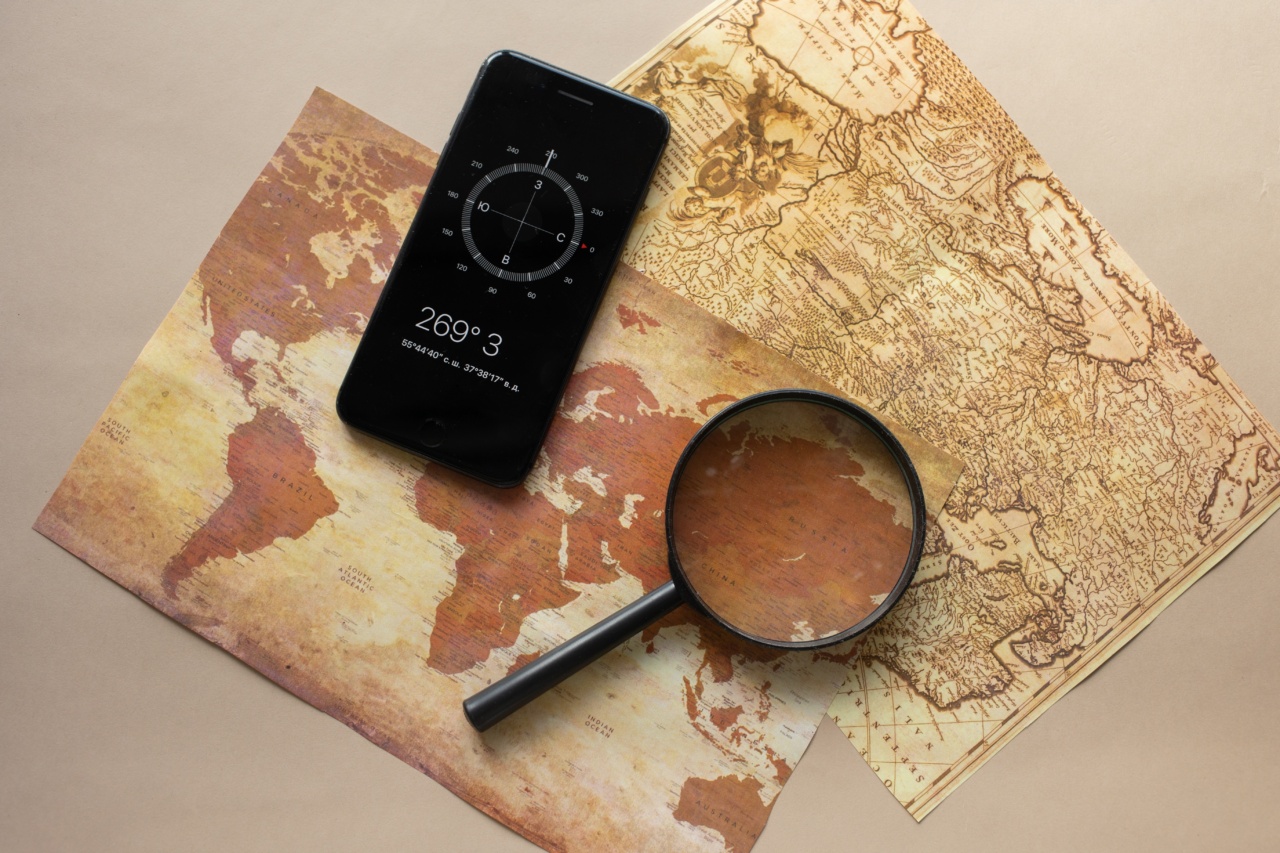Creatinine levels in the blood are critical indicators of kidney health. The kidneys are responsible for filtering out waste products, including creatinine, from the blood. High levels of creatinine can indicate a problem with kidney function.
In this article, we will discuss what creatinine is, what causes high creatinine levels, how to diagnose high creatinine levels, and what treatments are available.
What is Creatinine?
Creatinine is a waste product that is produced by muscles during normal activity. The kidneys filter creatinine out of the blood and excrete it in the urine. The level of creatinine in the blood is an indicator of how well the kidneys are functioning.
When the kidneys are not working correctly, creatinine levels can rise.
Causes of High Creatinine Levels
High creatinine levels are often caused by kidney problems, such as acute kidney injury or chronic kidney disease. Other causes of high creatinine levels include dehydration, obstruction of the urinary tract, and certain medications.
Symptoms of High Creatinine Levels
High creatinine levels do not typically cause any symptoms until kidney function has declined significantly. When symptoms do occur, they may include fatigue, weakness, swelling in the ankles or feet, reduced urine output, and shortness of breath.
Diagnosing High Creatinine Levels
High creatinine levels can be diagnosed through a simple blood test. The test measures the amount of creatinine in the blood and compares it to normal ranges.
If the creatinine level is too high, the doctor may order additional tests to determine the cause.
Treatments for High Creatinine Levels
The treatment for high creatinine levels depends on the underlying cause. If the cause is dehydration, the doctor may recommend drinking more fluids. If the cause is a medication, the doctor may adjust the dosage or switch to a different medication.
If the cause is kidney disease, the doctor may recommend medications to control blood pressure and reduce the workload on the kidneys. In severe cases, dialysis may be necessary to filter out waste products from the blood.
Preventing High Creatinine Levels
There are several steps you can take to prevent high creatinine levels. Drinking plenty of water is important, as it helps to flush waste products out of the kidneys.
Avoiding medications that can damage the kidneys, such as nonsteroidal anti-inflammatory drugs (NSAIDs), can also help. Eating a healthy diet and exercising regularly can help to maintain overall kidney health. If you have a history of kidney problems or high blood pressure, it is important to have regular check-ups with your doctor to monitor kidney function.
Conclusion
Creatinine levels are an important indicator of kidney function. High levels of creatinine can indicate a problem with kidney function, but with early diagnosis and treatment, many kidney problems can be managed effectively.
By taking steps to maintain overall kidney health, such as staying hydrated, avoiding medications that can damage the kidneys, and having regular check-ups with your doctor, you can help to prevent high creatinine levels and promote good kidney health.






























